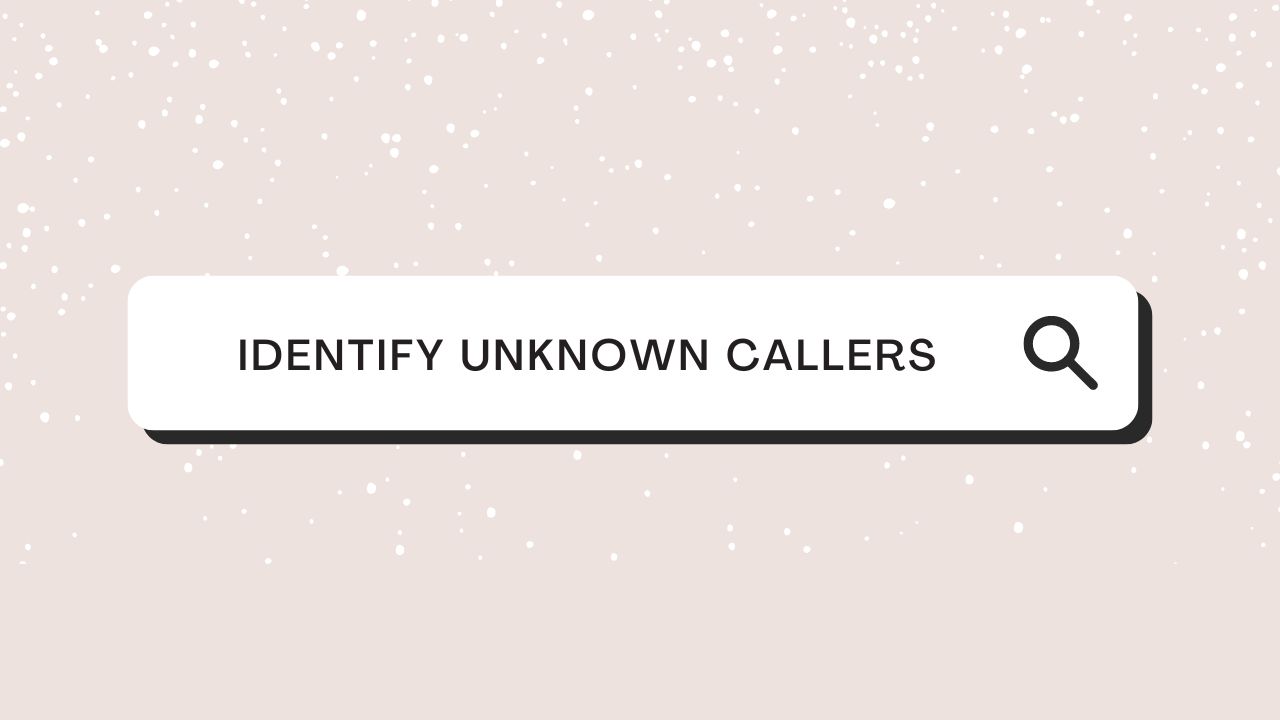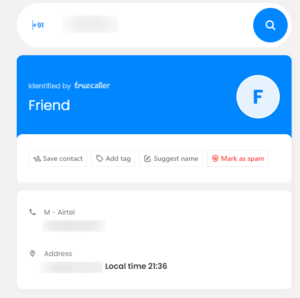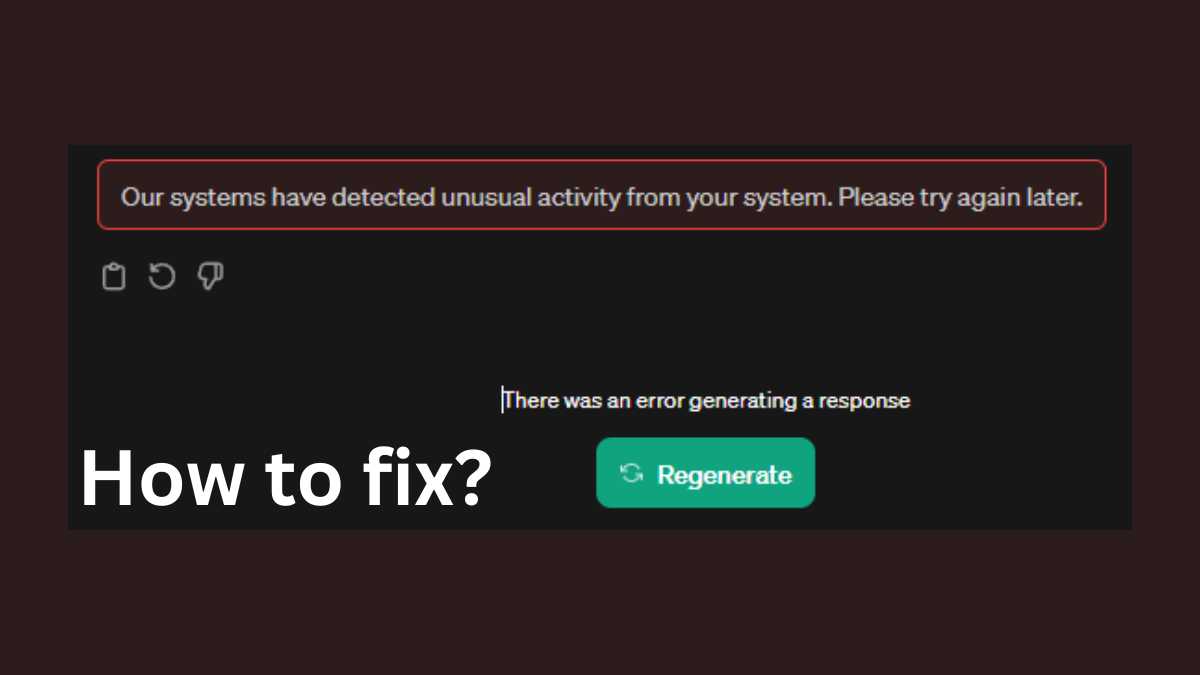Your phone rings. It’s a number you don’t recognize. Curiosity and a hint of worry creep in. Is it an important call you missed, or just another annoying telemarketer? Don’t let mystery calls disrupt your life. Reverse phone lookup empowers you to unmask those unknown numbers.
This comprehensive guide will explain everything you need about reverse phone lookup. We’ll cover what it is, how it works, the best free and paid services when to use them, and how to stay safe while protecting your privacy.
What is Reverse Phone Lookup and Why It Matters
Reverse phone lookup flips the script on traditional phone directories. Instead of starting with a name and finding a number, you start with the number and uncover details like:
- Caller’s Name: Understand who might be on the other end.
- Address: See the general location from which the call originated.
- Carrier Information: Learn which phone company the number is associated with.
- Potential Scam/Spam Risk: Some services flag suspicious numbers.
Reasons to use reverse phone lookup:
- Identify missed calls: Find out if it’s worth calling back.
- Screen calls: Decide whether to answer or let an unknown call go to voicemail.
- Block unwanted callers: Stop telemarketers and spammers in their tracks.
- Protect against scams: Verify suspicious numbers before engaging.
- Reconnect with people: Track down old contacts whose numbers you’ve lost.
How Does Reverse Phone Lookup Work?
- Data Collection: Services gather information from public records, phone directories, social media, and other sources.
- Database Storage: This massive amount of data gets organized for efficient searching.
- Search and Match: When you enter a phone number, algorithms compare it against the database, looking for matches based on name, location, and other factors.
- Results: The service generates a report that potentially includes the caller’s name, address, and other publicly available information.
Types of Reverse Phone Lookup Services
1. Free Services
- USPhoneBook: A solid starting point for primary lookups of landlines and some cell numbers.
- Truecaller: Identify unknown callers and block spam calls and SMS.
- Facebook Search: A quick Facebook search can sometimes reveal the owner if you suspect the number might be attached to someone’s social profile.
2. Paid Services
- Spokeo: One of the largest people-search databases, suitable for in-depth information.
- Intelius: Known for background reports, including potential criminal records linked to a number.
- TruthFinder: Specializes in uncovering online history and hard-to-find details.
- Instant Checkmate: Offers extensive reports, including social media, photos, and address history.
Note: Paid services generally offer greater accuracy and more comprehensive reports than free options.
Best Practices: Choosing a Reverse Phone Lookup Service
- Needs: Do you want basic info or in-depth reports?
- Budget: Free is suitable for occasional use, but paid provides more features.
- Accuracy: Read reviews for each service.
- Privacy: Check how the service handles your data and search information.
When to Use Reverse Phone Lookup
- Persistent unknown callers: Stop wondering, “Who called me?” and take control.
- Potential scams: Verify a number’s legitimacy before engaging with suspicious calls or texts.
- Debt collectors: Make sure you’re dealing with a legitimate agency.
- Missed calls from important sources: See if a doctor, school, or business tried reaching you.
- Harassment: Collect information for potential reporting to authorities.
General FAQs
-
What exactly is reverse phone lookup?
- A reverse phone lookup service lets you find information about a person or business associated with a specific phone number. This can include the owner’s name, address, and other publicly available details.
-
Is reverse phone lookup legal?
- Yes, reverse phone lookup itself is legal. However, there are regulations about using the information you obtain. Using these services for unlawful purposes like stalking, harassment, or discrimination can result in legal consequences.
-
How much does reverse phone lookup cost?
- There are both free and paid reverse phone lookup services available. Free options generally provide basic information, while paid subscriptions offer more in-depth reports and features such as background checks and social media profiles.
-
Can I find any phone number using reverse lookup?
- Not always. The success of a reverse phone lookup depends on whether the number is listed in public records and the databases used by the service. Landline numbers are often easier to trace than mobile numbers.
Accuracy and Privacy FAQs
-
How accurate is reverse phone lookup?
- The accuracy of results varies depending on the service, the quality of their data sources, and the type of phone number (landline vs. mobile). Always consider the potential for outdated or incorrect information.
-
Will the person be notified if I search for their number?
- Generally, no. Most reputable reverse phone lookup services don’t alert the phone number’s owner that a search has been conducted.
-
Is my personal information safe when using these services?
- Choose a service that has a clear privacy policy. Reputable services will explain how they collect, use, and secure your data, including your search history.
Service-Specific FAQs
-
What additional features does it offer besides basic lookup?
- Highlight features related to background checks, social media searches, scam alerts, etc.
-
Does the Service access international phone numbers?
- Clarify if the service primarily focuses on a specific country or can perform searches globally.
-
Can I get a refund on Service if I’m unsatisfied with the results?
- Check the refund policy of the specific service.












